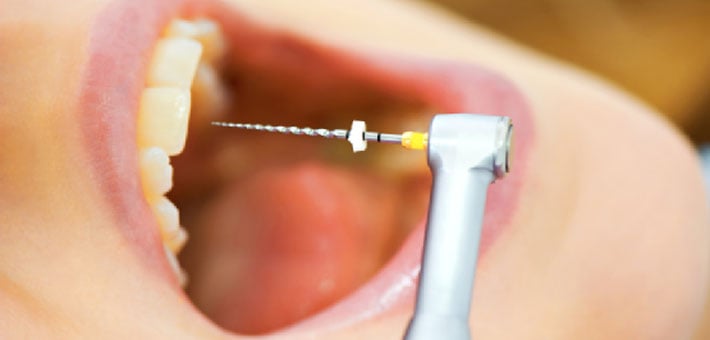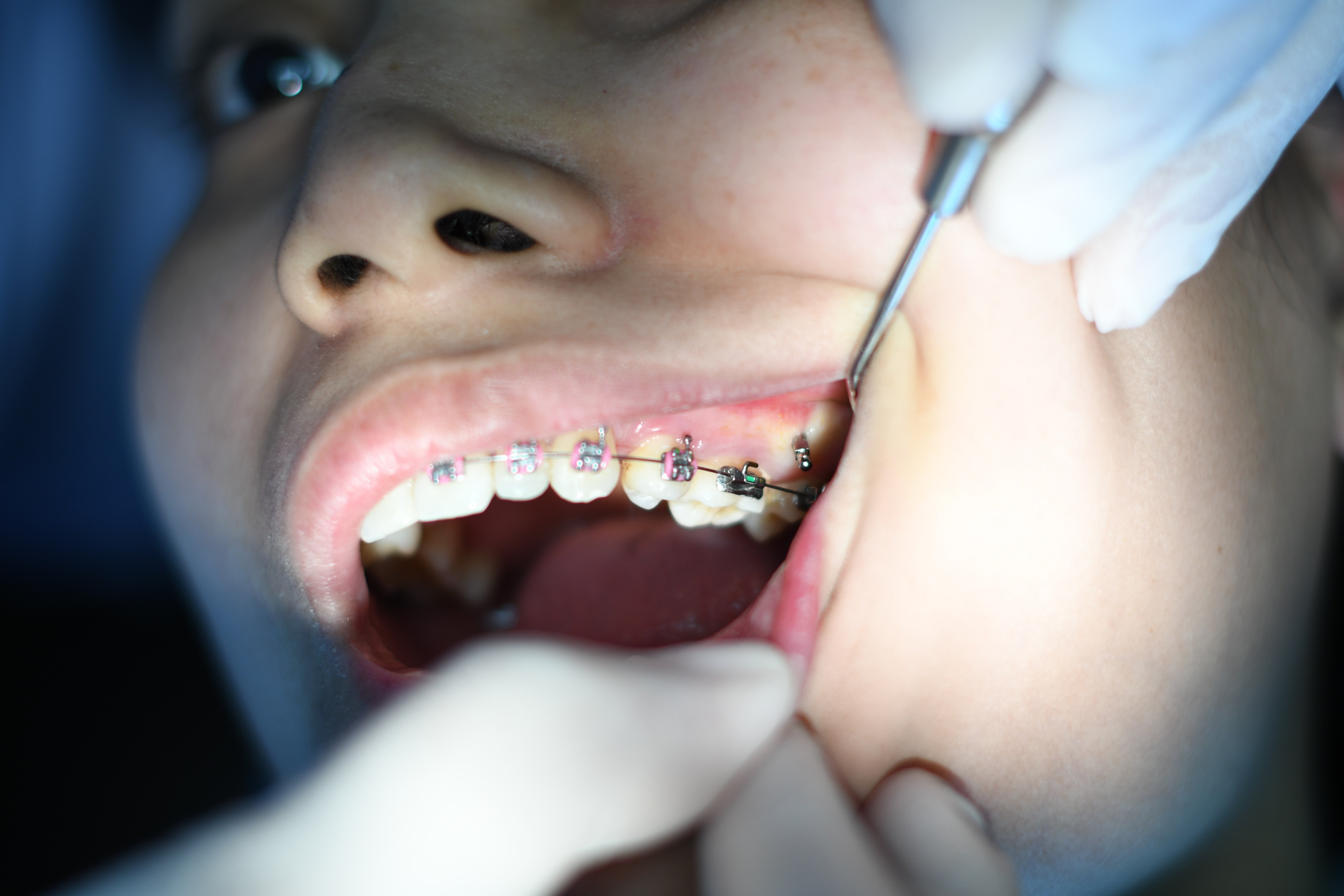Discover what to expect during the recovery process after a root canal procedure.
Understanding the Root Canal Procedure
A root canal treatment is necessary when the pulp, which is the innermost part of the tooth, becomes infected or damaged. This can happen due to deep decay, repeated dental procedures, a crack or chip in the tooth, or an injury to the tooth. During the root canal procedure, the dentist removes the infected or damaged pulp, cleans and disinfects the tooth's interior, and then seals it to prevent further infection.
The root canal procedure may require one or more visits to the dentist, depending on the complexity of the case. X-rays and other diagnostic tests are performed to determine the extent of the infection or damage. Local anesthesia is administered to numb the area and ensure a painless procedure. The dentist uses specialized tools to access the pulp chamber and root canals, removing the infected tissue and shaping the canals for filling. Once the canals are cleaned and disinfected, a filling material called gutta-percha is used to seal the canals. In some cases, a dental crown may be placed over the treated tooth to provide additional protection and strength.
Immediate Aftercare Instructions
After the root canal procedure, it is normal to experience some discomfort and sensitivity in the treated tooth and surrounding area. The dentist may prescribe pain medication or recommend over-the-counter pain relievers to manage any post-operative pain. It is important to follow the dentist's instructions for taking medications and to complete the full course of antibiotics if prescribed.
To aid in the healing process and prevent infection, it is crucial to practice good oral hygiene. Brush your teeth gently, avoiding the treated tooth for the first few days. Use a soft-bristled toothbrush and a non-alcoholic mouthwash recommended by your dentist. Avoid eating sticky or hard foods that can potentially damage the treated tooth or dislodge the temporary filling.
It is common to have a temporary filling or crown placed after the root canal procedure. This temporary restoration protects the tooth until a permanent crown or filling can be placed. Take care not to chew on hard or sticky foods on the side of the mouth where the temporary restoration is located. Be cautious while chewing to prevent any damage to the temporary filling or crown.
If you experience severe pain, swelling, or any other concerning symptoms after the root canal procedure, contact your dentist immediately for further evaluation and guidance.
Managing Pain and Discomfort
While some discomfort is normal after a root canal procedure, there are several ways to manage pain and discomfort during the recovery period. Follow these tips to alleviate any discomfort:
- Take over-the-counter pain relievers as recommended by your dentist.
- Apply an ice pack or cold compress to the outside of your face near the treated area to reduce swelling and numb the area.
- Rinse your mouth with warm saltwater several times a day to promote healing and reduce inflammation.
- Avoid chewing on hard or sticky foods that can cause pain or dislodge the temporary filling or crown.
- Practice good oral hygiene by gently brushing your teeth and using a non-alcoholic mouthwash recommended by your dentist.
If the pain or discomfort persists or worsens, contact your dentist for further evaluation and guidance.
Dietary Recommendations for a Speedy Recovery
Eating a healthy diet is crucial for a speedy recovery after a root canal procedure. Follow these dietary recommendations to aid in the healing process:
- Stick to soft foods that require minimal chewing, such as soups, yogurt, mashed potatoes, and smoothies.
- Avoid hot and cold foods or beverages that can cause sensitivity in the treated tooth.
- Stay hydrated by drinking plenty of water throughout the day.
- Limit your intake of sugary foods and beverages, as they can contribute to tooth decay and hinder the healing process.
- Incorporate foods rich in vitamins and minerals, such as fruits, vegetables, lean proteins, and whole grains, to support overall oral health and healing.
Remember to follow any specific dietary instructions provided by your dentist for your unique case.
Long-term Care and Maintenance
After the root canal procedure, it is essential to maintain good oral hygiene and follow long-term care instructions to ensure the success of the treatment. Here are some tips for long-term care and maintenance:
- Brush your teeth twice a day with a soft-bristled toothbrush and fluoride toothpaste.
- Floss daily to remove plaque and debris from between the teeth and along the gumline.
- Visit your dentist regularly for check-ups and professional cleanings.
- Avoid biting or chewing on hard objects, such as ice or pens, as they can damage the treated tooth.
- Wear a mouthguard if you participate in any sports or activities that may put your teeth at risk of injury.
- If you notice any changes in the treated tooth, such as pain, sensitivity, or swelling, contact your dentist for further evaluation.
By following these long-term care and maintenance tips, you can help ensure the longevity of the treated tooth and prevent future dental issues.


